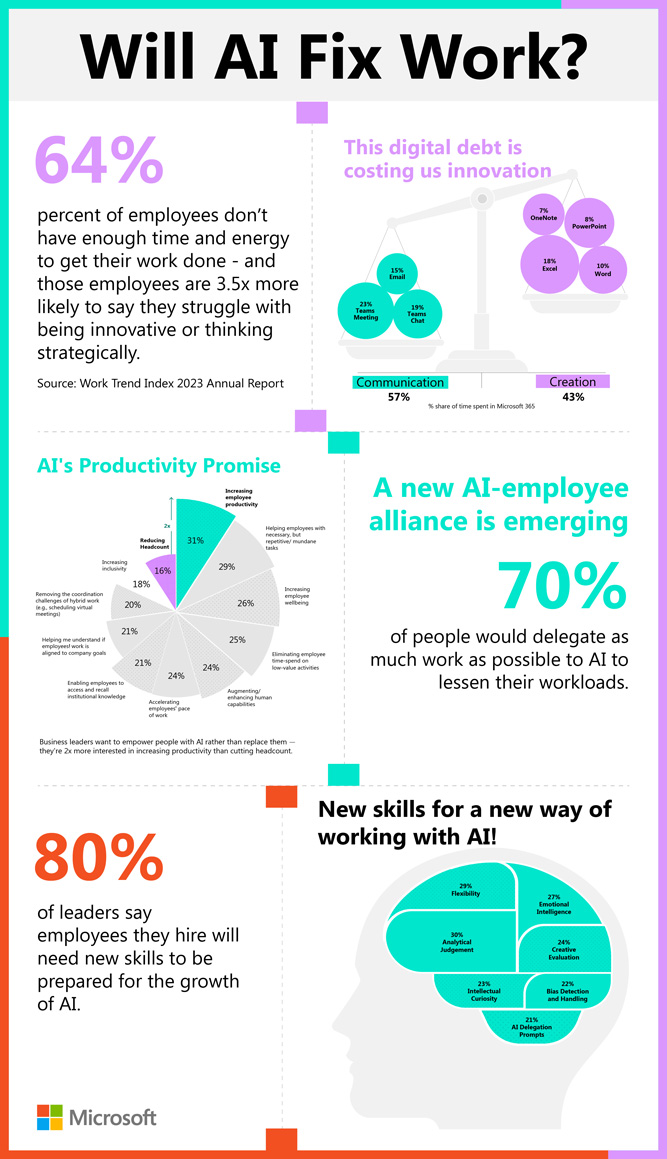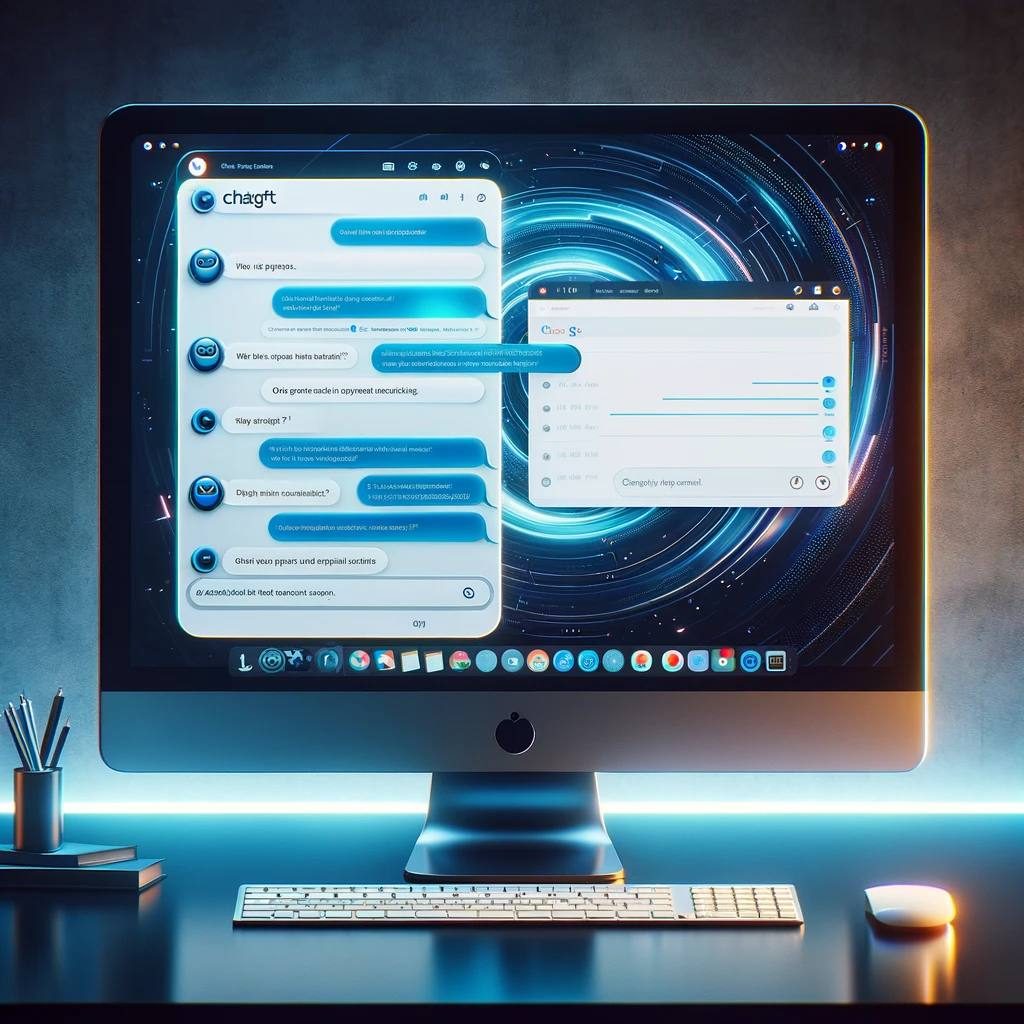Microsoft Corporation recently shed light on its approach to AI development and ethics to dispel widespread misconceptions about Artificial Intelligence (AI) and its potential to replace human jobs. During a virtual Microsoft Africa AI Journalists Academy session, Ayanda Ngcebetsha, Director of Data and AI, and Trusha Vanmali, Business Program Manager at Microsoft South Africa, discussed how AI is poised to augment productivity rather than diminish employment opportunities.
Ngcebetsha and Vanmali emphasized the integral role of AI tools in today’s work landscape. They highlighted AI’s ability to summarize reports, conduct accurate research, facilitate language translation, and efficiently manage meetings. These tools enable professionals to maximize their time and streamline tasks, demonstrating AI’s potential to enhance productivity across various sectors.
AI’s journey into the mainstream
While 2023 marked AI’s ascent into the mainstream, Ngcebetsha predicts that 2024 will be when AI tools truly shine in liberating time for more creative and fulfilling cognitive work. This vision underscores Microsoft’s commitment to AI as an enabler of human potential rather than a threat to job security.
Ngcebetsha stressed that AI operates alongside humans, contributing to creativity rather than impeding it. One notable AI tool mentioned is “copilot,” which assists content developers in tasks such as writing, coding, summarization, and data retrieval. This collaboration demonstrates AI’s potential as a valuable partner in the workforce.
According to Microsoft’s data, CEOs are primarily interested in harnessing AI to boost productivity rather than downsizing their workforce. Their top objectives for AI deployment include streamlining repetitive tasks, improving employee well-being, eliminating low-value activities, enhancing employee capabilities, and accelerating work processes. Reducing headcount ranks at the bottom of their list of priorities.
The data showcases a broader recognition among business leaders that AI can be a driving force behind efficiency and innovation within their organizations. Microsoft’s perspective aligns with this shift towards embracing AI as a valuable resource rather than a job-replacement technology.
Ethical considerations in AI development
While promoting AI’s benefits, Microsoft also underscores its commitment to ethical AI development. The company has been at the forefront of advocating for responsible AI practices, emphasizing transparency, fairness, and accountability in AI systems. Ensuring AI technologies do not perpetuate bias or discrimination remains a top priority.
In conclusion, Microsoft’s recent insights into AI development and its commitment to ethical AI practices reveal a vision where AI augments human productivity rather than replaces jobs. As the world continues to witness the integration of AI into various aspects of daily life, it is essential to embrace these advancements with a focus on responsible and ethical implementation.
The shift towards harnessing AI as a tool for enhancing creativity, improving well-being, and streamlining operations reflects a broader recognition of its potential benefits. In 2024 and beyond, we can expect AI to play an increasingly pivotal role in empowering individuals and organizations to achieve their full potential.





